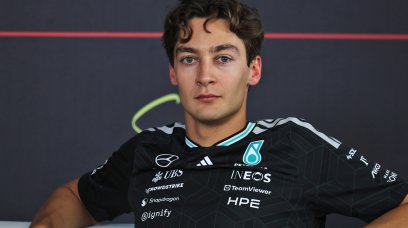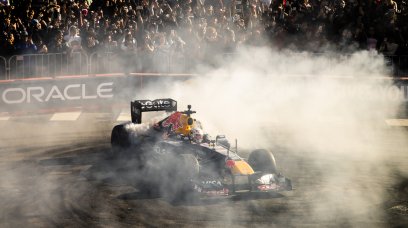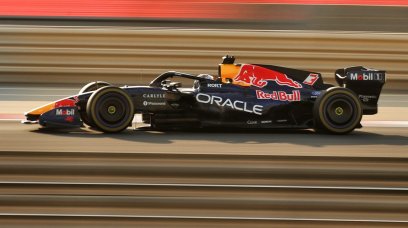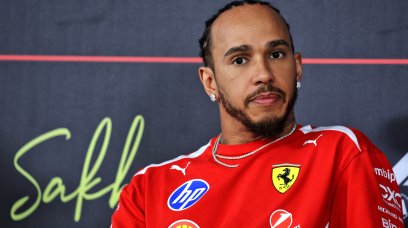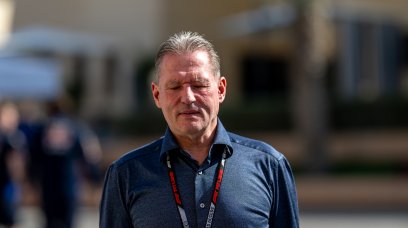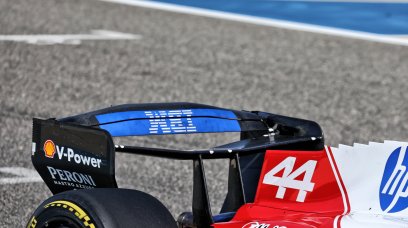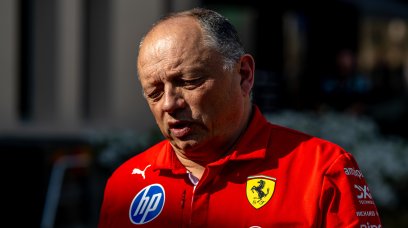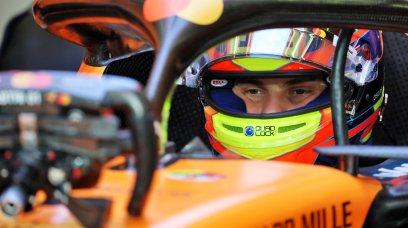Pirelli Motorsport Director Mario Isola has explained the drama surrounding their tyres at the Qatar Grand Prix. The FIA announced a raft of safety provisions ahead of the Sprint Shootout at the Lusail International Circuit after damage was found to the tyre compounds after Friday's running. Track limits were adjusted to prevent excessive kerb usage at Turns 12 and 13 while there is still a threat of a mandated three-stop strategy in the race if further analysis after the Sprint reveals continued issues. It is the first time there have been such issues on a race weekend since the 2005 US Grand Prix, which - after no solution was agreed upon by all parties - saw only six runners on Bridgestone tyres complete the race while Michelin-clad drivers had to abandon the race due to tyre design issues. Explaining the problem to media including RacingNews365.com , Isola said: "We analysed the sets and we saw an indication that there was, in the construction of the tyre on the sidewall, a small separation between the [tyre] carcass and the topping compound. "Then we went deeper into the analysis and this is due to strong impact against, or repeated impact, against something. We believe that it is an impact on the kerb. "Maybe it is because in free practice, all the drivers were running wider, they had a low grip, and it was difficult to find the right line on the track. "The tyres we analysed yesterday were after 20 laps, but the race is 57 laps. That means that we need to understand better after the Sprint, if with these additional track limits decided by the FIA has fixed the problem or not." When asked about the severity of the tyre problems, Isola responded: "If I cut the tyre or show you the section, you cannot see any damage. It's so small, that obviously, we can find the damage with a microscope.
FIA imposes contingency plan
The FIA has imposed a contingency plan which involves adjusting the track limits by moving the circuit edge by approximately 60cm at Turns 12 to 13. "Probably the corners that are stressing the tyres the most are Turns 12, 13 and 14 where you spend a lot of time on the kerbs," said Isola. "It's not the just the geometry of the kerb, because these kerbs are used in many other circuits, its the time and the speed that they stay on the kerbs. "All the drivers are spending quite a lot of time at high speed on the kerbs and this is damaging the construction." On why a three-stop would be mandated, Isola explained: "Because it's 57 laps and if you impose a two, the risk is to have all the cars at the same lap coming in. "So if you impose a minimum number of laps at 20 but three stops, you have the flexibility to play around this."
Most read
